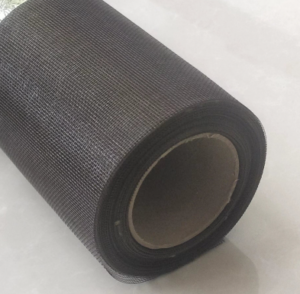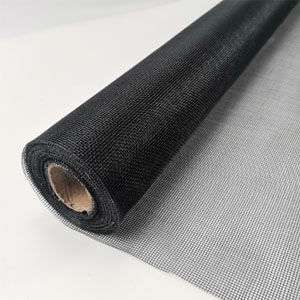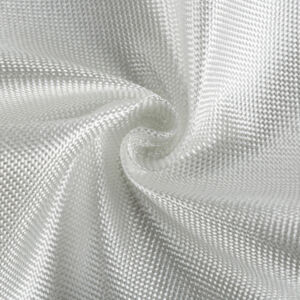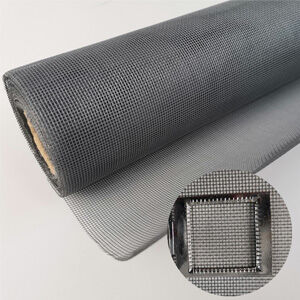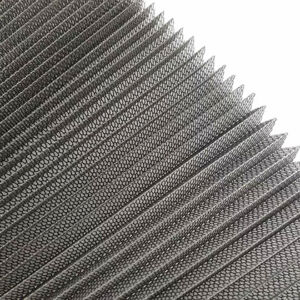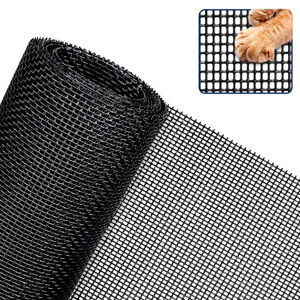HUILI Fiberglass to Showcase Innovative Insect Screen Solutions at the 138th Canton Fair, Guangzhou
Booth No: 12.1G46 | October 23-27, 2025 | Canton Fair Complex, Guangzhou, China Guangzhou, China, September 2025 – HUILI Fiberglass, a leading manufacturer specializing in high-quality insect screens and fiberglass mesh solutions, is excited to announce its participation in the 138th Canton Fair in Guangzhou, China. The company will present its innovative range of mosquito net for windows, fiberglass insect screens, and pet-proof window screens. Attendees are invited to visit HUILI’s booth to explore cutting-edge solutions for home and commercial applications. Innovative Solutions for a Bug-Free HomeAt the upcoming Canton Fair, HUILI Fiberglass will highlight its full range of…


